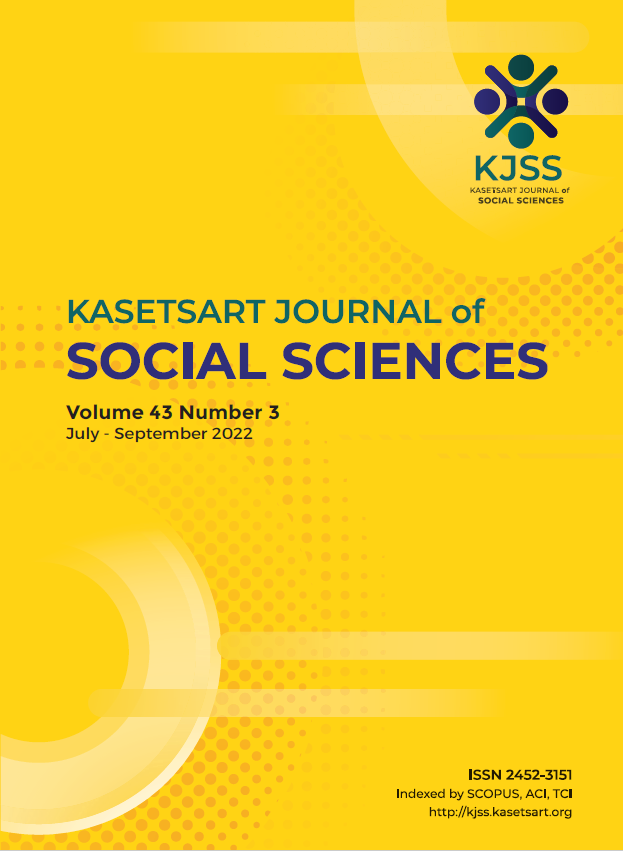Consumer preferences for pork safety characteristics in Thailand
Keywords:
choice experiment, country of origin, food safety, ractopamine residue, Thailand pork productsAbstract
The rapidly growing public concern over the safety of pork products in Thailand presents an opportunity for the industry to rearrange its hog farming practices in line with high safety standards to attract a premium. Studies have shown that labelling of safety attributes, including certification for food safety, animal welfare, ractopamine-free production, and country of origin, influences consumers’ food safety or quality perception and willingness to pay a premium. This study estimated the preferences and willingness of Thai consumers to pay for pork products labelled with safety attributes using a choice experiment with a mixed logit model. Of the food safety attributes tested, consumers were most willing to pay a higher premium for ractopamine-free certified pork products, followed by labels on the country of origin, food safety certification, and animal welfare certification.
Downloads
Published
How to Cite
Issue
Section
License

This work is licensed under a Creative Commons Attribution-NonCommercial-NoDerivatives 4.0 International License.
This is an open access article under the CC BY-NC-ND license http://creativecommons.org/licenses/by-nc-nd/4.0/










